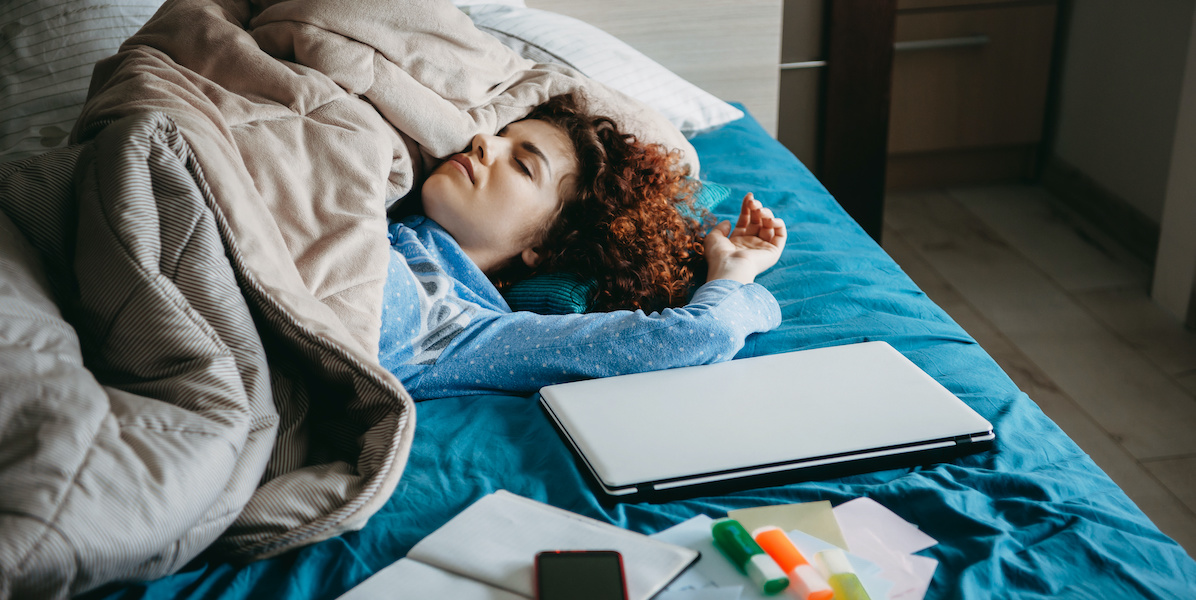
The following is excerpted from an online article posted by HealthDay.
New research has found that older adults who engaged in high-impact sports activities in their adolescence experience enhanced bone mineral density (BMD) and bone health in their old age.
Loss of bone mineral density (BMD) with age is an important cause of osteoporosis (deterioration of bone tissue), which has been reported as one of the leading causes of falls among older adults in Japan. This leads to fractures that require long-term nursing. Prevention of osteoporosis in the aging population can thus help decrease the burden of disease and health care costs substantially.
Early lifestyle habits can largely influence health and disease onset in old age. In this regard, physical activities pursued during adolescent years can go a long way in preserving long-term health. These effects can be largely attributed to the gain of bone mass, which peaks during the 20s and subsequently begins to decline with age.
A team of researchers from Juntendo University, Japan, recently examined the relationship between the type of sport played during adolescence and individual-specific features and BMD in old age.
The study included 1,596 older adults aged between 65 and 84 years from the Bunkyo Health Study residing in Bunkyo-Ku, an urban area in Tokyo, Japan. The researchers evaluated their physical fitness and blood biomarker levels, including vitamin D and BMD of the femoral neck (upper region of the thigh bone) and lumbar spine (lower region of the spine) regions, using dual-energy X-ray absorptiometry.
Further, the subjects were interviewed to assess their participation in sports activities during their adolescence. Other parameters, including comorbidities, lifestyle habits, medical history, and current medication status, were also recorded for analysis.
The researchers noted that while femoral neck and lumbar spine BMD values were in the normal range for men, women had lower values for them, with a larger number taking osteoporosis medication. Conversely, diabetes, physical activity, current smoking, and alcohol intake were significantly higher in men. The most common adolescent sports activities included baseball/softball, basketball, judo, table tennis, tennis, volleyball, and swimming.
The study found that basketball was associated with significantly high femoral BMD in older men and women. Further, body weight and serum vitamin D levels influenced femoral BMD. On the contrary, women who participated in volleyball and swimming had a higher lumbar spine BMD. However, sports type was not associated with lumbar spine BMD in older men. Notably, body weight, serum vitamin D, and the presence of diabetes were found to influence lumbar spine BMD.
Overall, these findings suggest that older adults who engaged in high-impact sports activities in their adolescence experience enhanced BMD and bone health in their old age. Moreover, the researchers emphasize that BMD benefits are not only limited to athletes but also extend to those in the general population who had indulged in physical activities at junior high and high school.
The study was published in Frontiers in Physiology.
Source: MedicalXpress
https://medicalxpress.com/news/2024-01-adolescent-sports-bone-health-older.html

 Nicotine Pouch Use Rising Among Teens, Public Health Expert Sounds Alarm
Nicotine Pouch Use Rising Among Teens, Public Health Expert Sounds Alarm  What’s Hot? 07/11/25
What’s Hot? 07/11/25  Catch-Up Sleep on Weekends May Affect Anxiety Symptoms in Teens
Catch-Up Sleep on Weekends May Affect Anxiety Symptoms in Teens